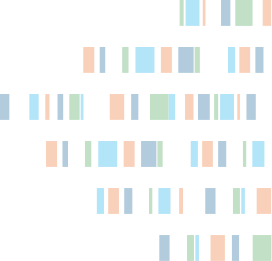Genomic-scale data for non-model taxa are providing new insights into landscape genomic structuring and species limits, leading to more informed conservation decisions, particularly in taxa with extremely restricted microhabitat preferences and small geographic distributions. This study applied sequence capture of ultraconserved elements (UCEs) to gather genomic-scale data for two federally endangered Texella harvester species distributed in Edwards Formation cave and karst habitats of central Texas, near Austin. We gathered UCE data for 51 T. reyesi specimens from 46 different caves, seven T. reddelli specimens from five caves, and from relevant outgroup species. For these UCE data we applied a combination of phylogenomic, multispecies coalescent phylogenetic, and single-nucleotide polymorphism machine-learning analyses. We found that samples of T. reddelli and T. reyesi together form a single clade in phylogenetic analyses, but that T. reddelli samples are not recovered as monophyletic. Instead, T. reddelli samples from three northern caves are embedded within a larger T. reyesi genetic clade. Significantly, the genetic structuring of all samples closely follows geologic barriers defined for the region and formalized as karst fauna regions (KFRs). One exception is the Jollyville Plateau KFR, which includes two divergent, non-sister genetic lineages. Levels of troglomorphy, here assessed by a simple scoring of corneal and retinal development, also closely follows clade (and geographic) boundaries, implying that divergent genetic lineages might also have distinct ecologies. Overall, our study has important taxonomic implications, is the first to explore (and validate) regional KFR boundaries using intraspecific genetic data, and provides essential data for future management decisions involving these federally endangered species.

Home » Conservation genomics of federally endangered Texella harvester species (Arachnida, Opiliones, Phalangodidae) from cave and karst habitats of central Texas
Publications
Conservation genomics of federally endangered Texella harvester species (Arachnida, Opiliones, Phalangodidae) from cave and karst habitats of central Texas
myBaits
Daicel Arbor Biosciences
5840 Interface Dr. Suite 101,
Ann Arbor, MI 48103
1.734.998.0751Ann Arbor, MI 48103
©2026 Biodiscovery LLC
(d/b/a Daicel Arbor Biosciences)
All Rights Reserved.
(d/b/a Daicel Arbor Biosciences)
All Rights Reserved.

 Bluesky
Bluesky